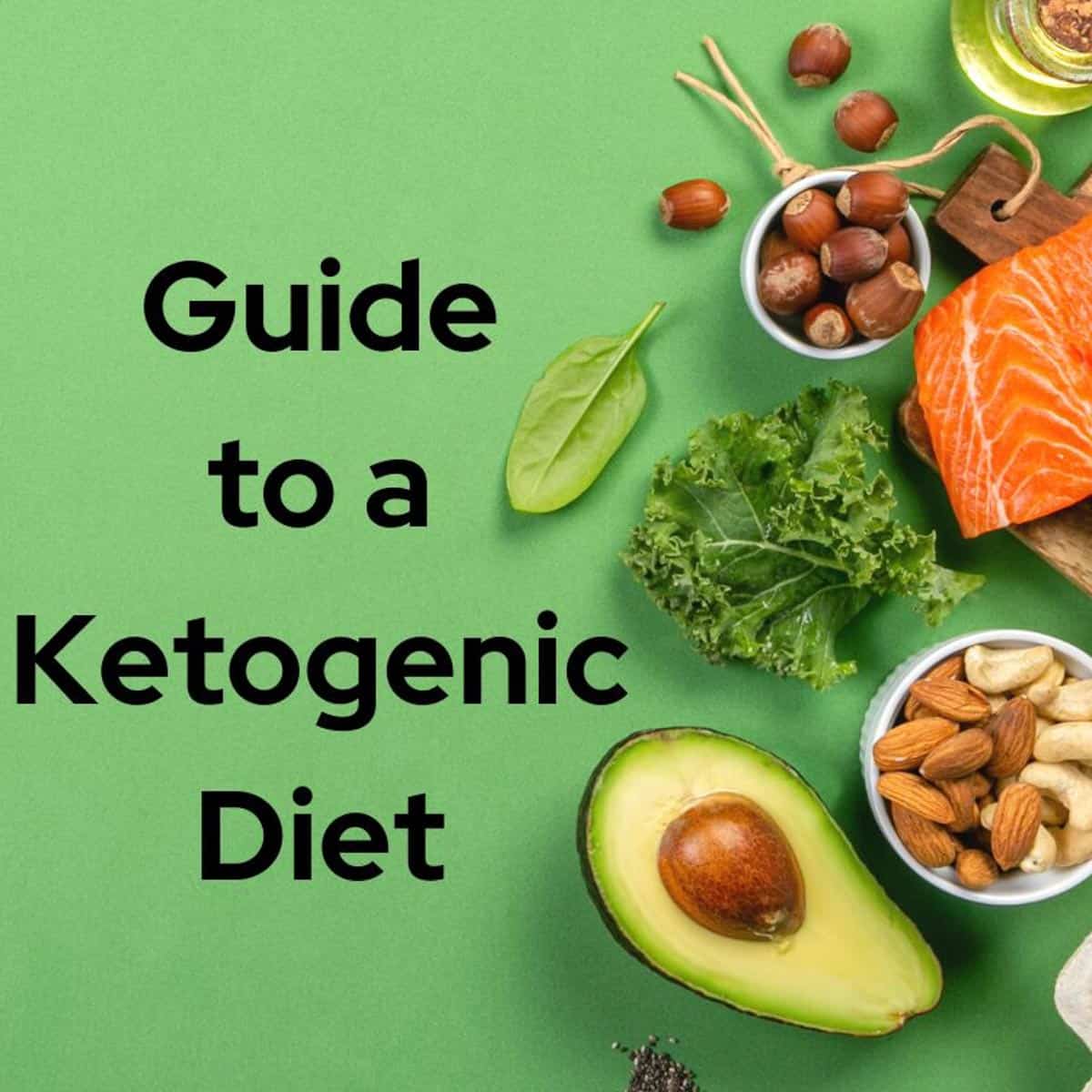Bragging Rights
Explore the latest trends, tips, and stories that make you stand out.
Keto: The Secret Life of Fats
Uncover the hidden truths about fats in the keto diet and discover how they can revolutionize your health and cravings!
Understanding Ketosis: How Fats Fuel Your Body
Understanding ketosis is essential for anyone looking to harness the power of their body's natural fat-burning capabilities. When the body enters a state of ketosis, it shifts from using carbohydrates as its primary source of energy to utilizing fat stores. This process begins when carbohydrate intake is significantly reduced, prompting the liver to convert fatty acids into ketones. These ketones then serve as a vital energy source for the brain and muscles, effectively turning the body into a fat-burning machine.
To achieve and maintain ketosis, individuals typically implement a low-carb, high-fat diet. This dietary shift not only promotes weight loss but also offers various health benefits such as improved mental clarity and increased energy levels. Some key components to consider include:
- Reducing carbohydrate intake: Focus on cutting down grains, sugars, and starchy vegetables.
- Increasing healthy fats: Incorporate foods like avocados, nuts, and olive oil.
- Moderate protein consumption: Avoid excessive protein intake, which can interfere with ketosis.

The Science Behind Fats: Why They're Essential on a Keto Diet
Fats play a crucial role in the ketogenic diet, serving as the primary source of energy when carbohydrates are severely restricted. The science behind fats reveals that our bodies can efficiently convert them into ketones, a type of molecule that fuels the brain and other vital organs. This metabolic state, known as ketosis, not only enhances fat burning but also helps to stabilize blood sugar levels, making it easier to maintain a healthy weight. Moreover, including healthy fats—such as avocados, nuts, and olive oil—supports the absorption of fat-soluble vitamins (A, D, E, and K), promoting overall health.
Additionally, dietary fats are essential for maintaining cellular structure and function. Each cell membrane in our body is composed of a lipid bilayer that requires fats to remain intact and operate effectively. Without adequate fat intake, individuals may experience deficiencies in essential fatty acids, which can lead to various health issues, including inflammation and poor cognitive function. By incorporating the right types of fats into a keto diet, you not only reap the benefits of enhanced energy levels but also contribute to long-term health and well-being.
Common Misconceptions About Fats: What You Need to Know for Keto Success
When it comes to fats, there are numerous misconceptions that can hinder your success on a ketogenic diet. One common belief is that all fats are bad for you. In reality, fats are a vital nutrient that our bodies need for various functions, including hormone production and absorption of essential vitamins. It's essential to differentiate between healthy fats, like avocados, nuts, and olive oil, and unhealthy fats, such as trans fats found in processed foods. Embracing healthy fats is critical for achieving and maintaining ketosis, the metabolic state where your body efficiently burns fat for fuel.
Another misconception is that consuming too much fat will lead to weight gain. While it's true that fats are calorie-dense, the keto diet emphasizes that the body can effectively utilize fat as its primary energy source. The key lies in portion control and overall calorie intake. When following a keto lifestyle, the focus on low-carb and high-fat allows the body to burn fat instead of glucose, leading to increased fat loss over time. Ultimately, understanding these misconceptions about fats is crucial for anyone looking to succeed on their keto journey.